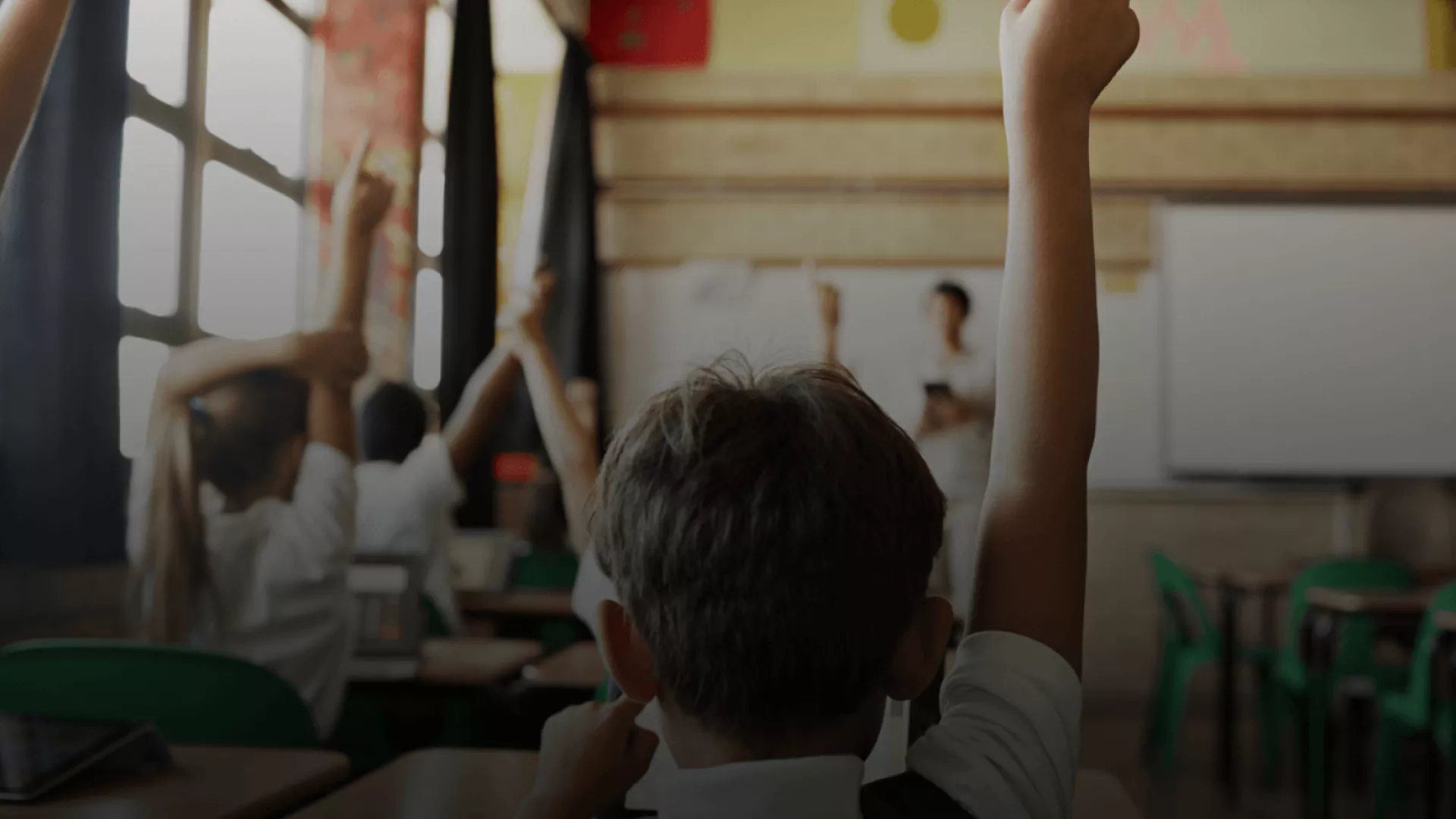
EDP launches project bringing solar energy and professional training to communities in Rio Grande do Norte
EDP, a company that operates in all segments of the energy sector, has launched, in partnership with the Federal Institute of Rio Grande do Norte (IFRN), the Mulheres Mil project (Thousand Women in english), which will benefit the municipalities of Lajes, Pedro Avelino, Caiçara do Rio do Vento, and Pedra Preta, located near the company’s wind farm complex in the state. The initiative includes the installation of solar energy systems in public schools, professional training for women, and the creation of municipal educational funds. The launch event took place last Wednesday, June 4, at IFRN in Lajes and was attended by representatives from EDP, IFRN, local governments, and students enrolled in the training course.
With an investment of R$ 273.000, the project is already underway and is expected to be completed by the end of 2025. Thirty women in socially vulnerable situations in the job market are being trained in the Installation and Maintenance of Photovoltaic Systems. The training began on June 3 at IFRN and will last for two months. The goal is to help reduce socioeconomic inequalities for women through access to education and training, thereby increasing their professional opportunities and access to the job market.
The initiative also includes the installation of solar energy systems in four public schools in each of the municipalities participating in the project with EDP. The schools are being selected by IFRN in partnership with the local governments, prioritizing those with the greatest need to reduce electricity costs (considering various factors such as vulnerability level, number of students, expenses, etc.). In addition to the financial savings, the schools will become more sustainable by using renewable energy.
Other schools in the four municipalities will also benefit from the project. Municipal Educational Funds, already approved by local councils, will be created to receive the savings generated from the schools’ electricity bills due to the use of solar energy. These funds will be used for structural and pedagogical improvements in the municipalities’ educational institutions.
“With this initiative, we are combining our two priority areas for social investment: education and energy transition. More than having a 100% renewable energy generation portfolio, we want to include communities in this transition, expanding access to solar energy and generating real positive impact through training and access to the job market”, emphasizes Dominic Schmal, ESG Director at EDP in South America.
EDP has been working to lead a fair and inclusive energy transition and, to this end, invests in projects that expand access to renewable energy for communities in the regions where it operates. In 2024, the company increased its investments in social energy transition projects by 34% compared to the previous year, with an investment of approximately R$ 1.4 million.
Global Strategy
Similar initiatives are being carried out by EDP worldwide as part of the EDP Y.E.S. – You Empower Society program, which encompasses more than 500 social responsibility projects for a just energy transition. In 2022, the Solar Solidário (Solidarity Solar) project began in Portugal, in the Cova da Moura neighborhood, a community on the outskirts of Lisbon facing challenges related to the lack of basic infrastructure, especially electricity. In this first action, around 150 families each received two solar panels for energy production and a more efficient refrigerator.
In Spain, the company signed an agreement with Cáritas Española to finance, through the EDP Foundation in 2021, the installation of self-consumption photovoltaic systems in some of the organization’s units in the country. Actions like these are examples of how solar energy can contribute to sustainability and social inclusion, ensuring access to renewable energy and promoting local development.